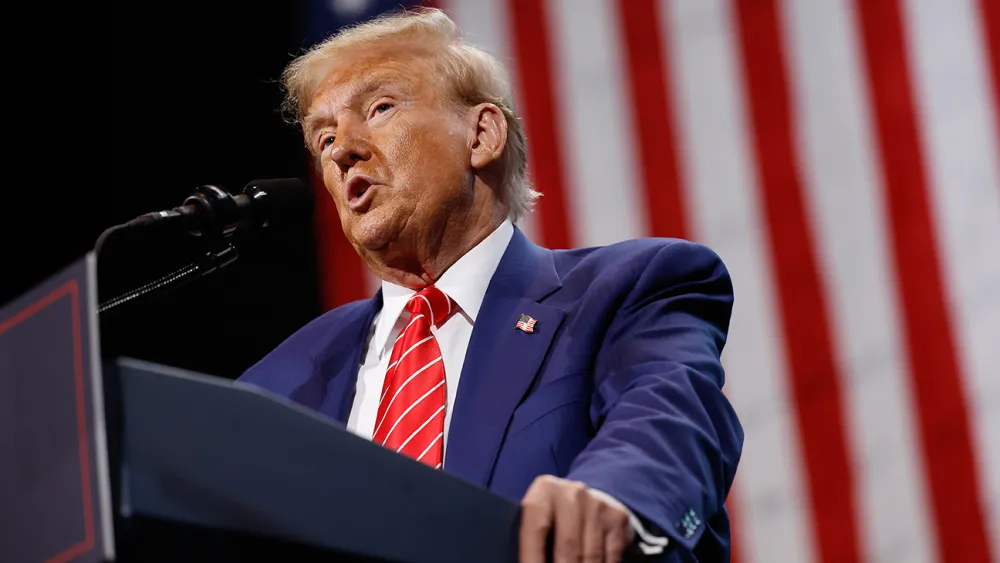Europe is closely observing Donald Trump’s early policy moves as he reenters the political arena. European leaders are cautious about the potential impact of these policies on international relations, particularly with the U.S. Trade, security, and climate change are the primary concerns as Europe evaluates Trump’s approach.
Trade has been a contentious issue between the U.S. and Europe in recent years. During his previous administration, Trump imposed tariffs on European products such as steel and aluminum, leading to retaliatory measures. European leaders are wary of a repeat of these trade disputes, especially as they work to recover from the economic challenges of the COVID-19 pandemic. A protectionist stance could have negative consequences for European businesses, and many are hoping for a more cooperative approach from the U.S. going forward.
Security remains a significant point of concern for Europe as Trump outlines his foreign policy. His “America First” approach during his first term led to questions about the U.S.’s commitment to NATO and global security. Many European countries depend on NATO for defense and have long relied on U.S. support for their security. European leaders are anxious to see whether Trump will continue to downplay the importance of NATO or take steps to strengthen the alliance. How he handles these issues will have lasting effects on Europe’s defense strategy and its relationship with the U.S.
Climate change is another major issue where Europe and Trump’s policies diverge. European nations have taken strong positions on environmental issues, with many pledging to become carbon-neutral by 2050. Trump’s previous decision to withdraw from the Paris Climate Agreement raised alarm among European leaders, who see global cooperation on climate change as critical. If Trump continues to reject or undermine international climate efforts, it could damage U.S.-Europe relations and hinder global progress on addressing environmental challenges.
The broader global implications of Trump’s return to power are also a key consideration for Europe. Trump’s “America First” policies often led to a more isolationist stance, which clashed with Europe’s focus on multilateralism and international cooperation. As global issues like migration, public health, and economic inequality require coordinated solutions, European leaders are concerned that Trump’s policies could make it harder to address these challenges. If the U.S. turns inward, Europe may need to step up its role in international negotiations.
European leaders must also contend with internal divisions when responding to Trump’s policies. Different member states of the European Union have varying views on how to approach the U.S. Some countries, like Poland and Hungary, may align more closely with Trump’s policies, while others, like Germany and France, have been more critical. This lack of unity within the EU complicates the task of developing a consistent strategy toward the U.S.
As Trump continues to outline his policies, Europe faces the challenge of balancing its own interests with the need to maintain strong ties with the U.S. A confrontational approach could lead to economic and political fallout, while a more conciliatory stance may not align with Europe’s broader goals. European leaders will need to navigate this delicate balance carefully.
The coming months will be critical in determining the future of U.S.-Europe relations. Europe’s response to Trump’s early policy decisions will shape the trajectory of diplomatic, economic, and security cooperation between the two regions. Both sides must manage their differences while considering the broader implications of their actions on global issues.




